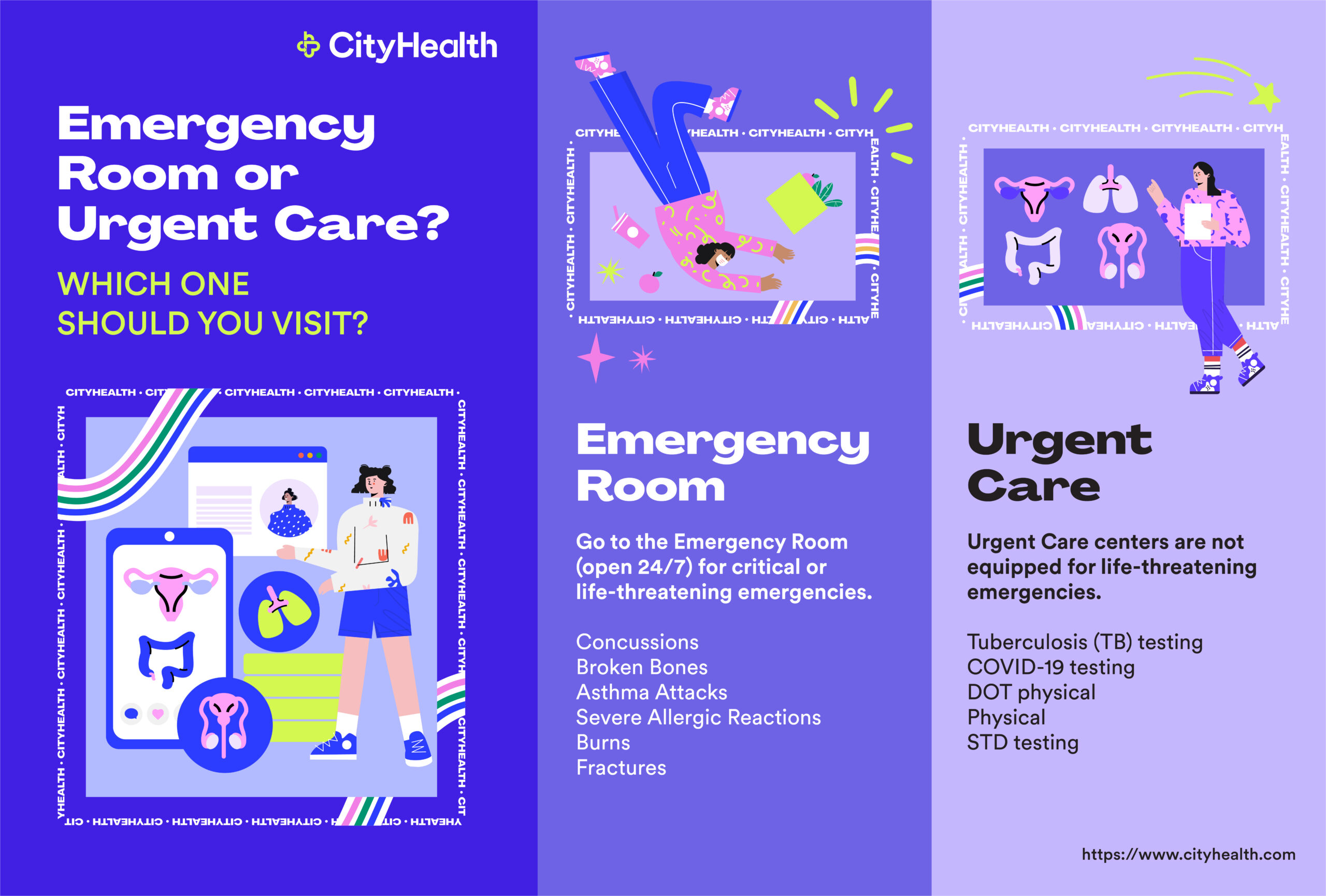The Definition of Mental Health
Mental health includes the emotional, behaviorial, cognitive, and social aspects of our well-being. It’s about how we think, feel, act, relate, make choices, handle stress, and behave. It’s present and important in all stages of life, from early childhood through adulthood. It’s also sometimes used to mean the absence of a mental disorder or illness. There are many factors that contribute to mental health, including biological and experiential factors. We appreciate how the World Health Organization (WHO) talks about mental health, recognizing it as more than just the presence or absence of mental health disorders:- Mental health is more than the absence of mental disorders.
- Mental health is an integral part of health; indeed, there is no health without mental health.”




